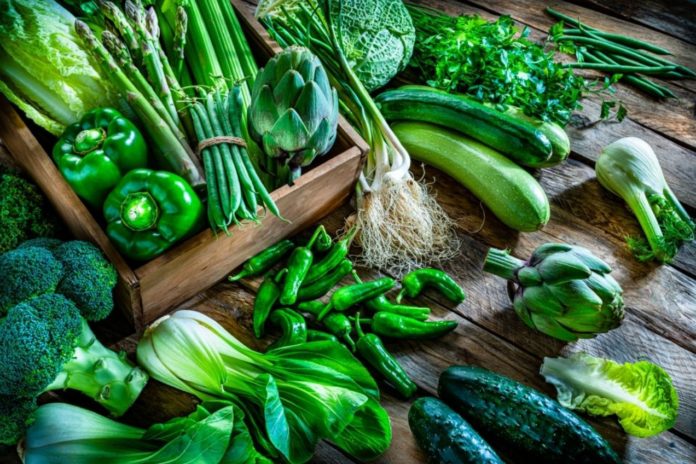Do you have a strong sense of taste? What does this mean for Covid-19 disease risk?
If you never eat vegetables such as broccoli, celery, or cabbage because of their bitter taste, you are more protected than you think from Coronavirus, says a new study.
People with a sharp sense of taste are particularly sensitive to bitter tastes. These, therefore, are not only less likely to be infected with COVID-19 compared to people who do not have such an acute taste, but also less likely to be hospitalized because of coronavirus, scientists argue in a new study published in JAMA Network Open.
- Does This Mean We Stopped Being Animal and Started Being Human Due to ‘Copy Paste’ Errors?
- The One Lifestyle Choice That Could Reduce Your Heart Disease Risk By More Than 22%
- Aging: This Is What Happens Inside Your Body Right After Exercise
- Immune-Boosting Drink that Mimics Fasting to Reduce Fat – Scientists ‘Were Surprised’ By New Findings
- Gun Violence in America: What They Don’t Talk About at the Debate
In addition, during the study, these people experienced the symptoms of COVID-19 for only about five days, not 23 lasting on average in people with a normal sense of taste.
Exactly how or even whether the taste actually affects covid-19 risk is not fully understood, but the researchers have a theory: Bitter taste receptors – such as so-called T2R38- are found in the taste buds of the tongue.
When T2R38 is stimulated, it responds by producing nitric oxide which helps to kill or prevent further reproduction of viruses in the respiratory mucosa. These mucous membranes line the respiratory system and provide an entry point for viruses, such as SARS-CoV-2, which causes COVID-19.
says Henry Barham, an ENT specialist at Baton Rouge, adding:
These results enable people to make more informed choices and possibly prioritize their vaccination.
Many studies have from time to time examined how bitter taste receptors affect the risk for COVID-19 and other upper respiratory infections. This included almost 2,000 people (mean age 46 years) who underwent tests for their ability to taste, as well as a diagnostic test for COVID-19, as the disease could degrade the sense of taste and smell.
The participants were divided into three groups: those who had no taste at all, those who had a very high taste, and those who had normal. The first are those who can not perceive the bitter tastes at all. The latter, on the other hand, are those who are particularly sensitive to bitter tastes and can perceive it at extremely low levels, while the latter are at an intermediate level.
During the study, 266 participants were positive for COVID-19. Those in the first group were much more likely to become infected and severely ill, while people with normal taste levels were more likely to have mild to moderate coronavirus symptoms, in most cases without the need for hospitalization.
These new findings suggest that many people can benefit from finding their own level of taste. If one cannot perceive the bitter taste, one should be especially careful and wear a mask for a longer period of time to protect oneself from the coronavirus.
If, for some, celery looks very bitter, it belongs to the so-called ‘supertasters’ and may feel a little safer.
the team concluded.
- Does This Mean We Stopped Being Animal and Started Being Human Due to ‘Copy Paste’ Errors?
- The One Lifestyle Choice That Could Reduce Your Heart Disease Risk By More Than 22%
- Aging: This Is What Happens Inside Your Body Right After Exercise
- Immune-Boosting Drink that Mimics Fasting to Reduce Fat – Scientists ‘Were Surprised’ By New Findings
- Gun Violence in America: What They Don’t Talk About at the Debate
Image Credit: iStock
